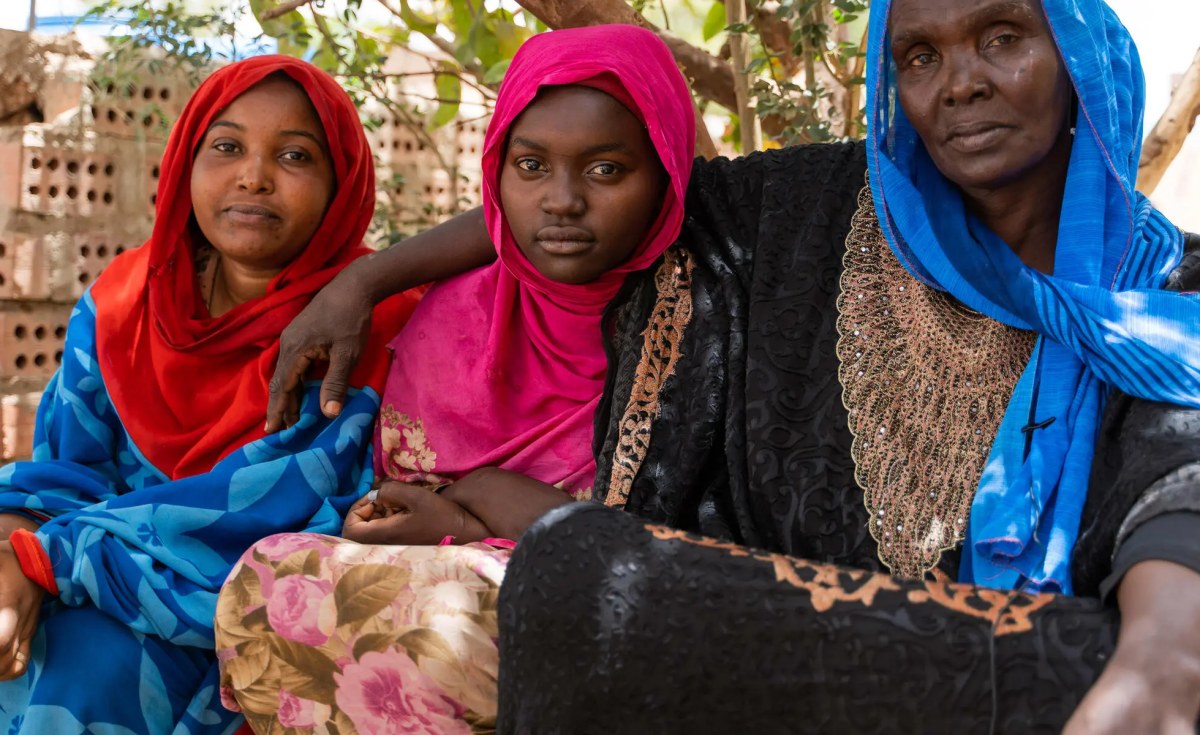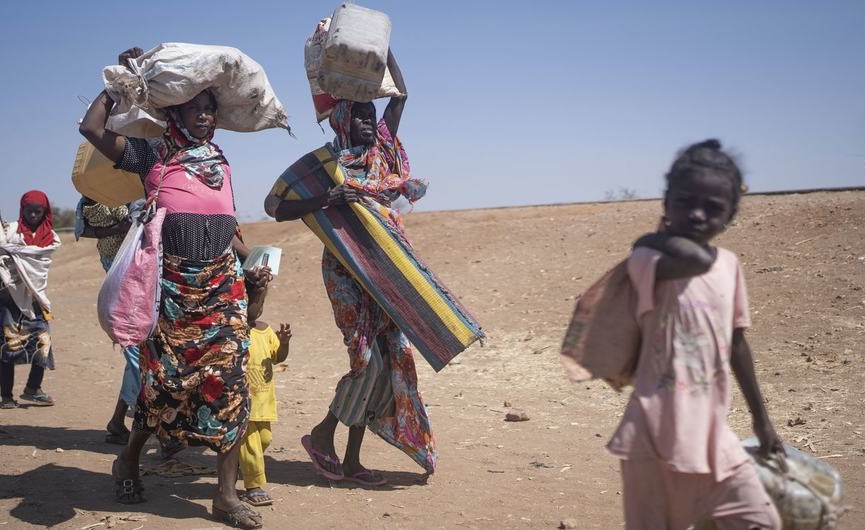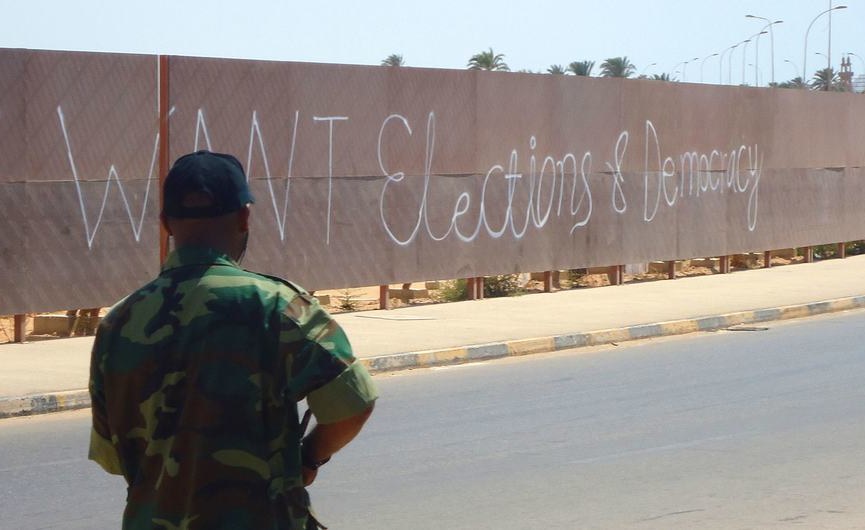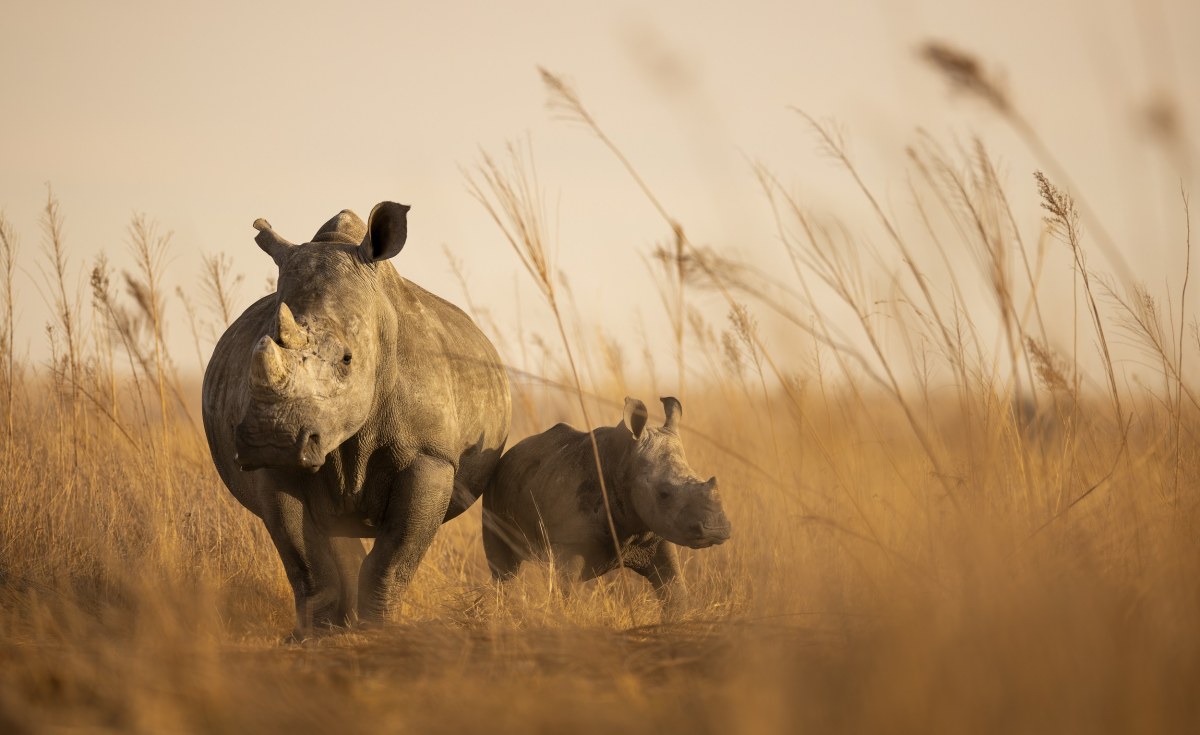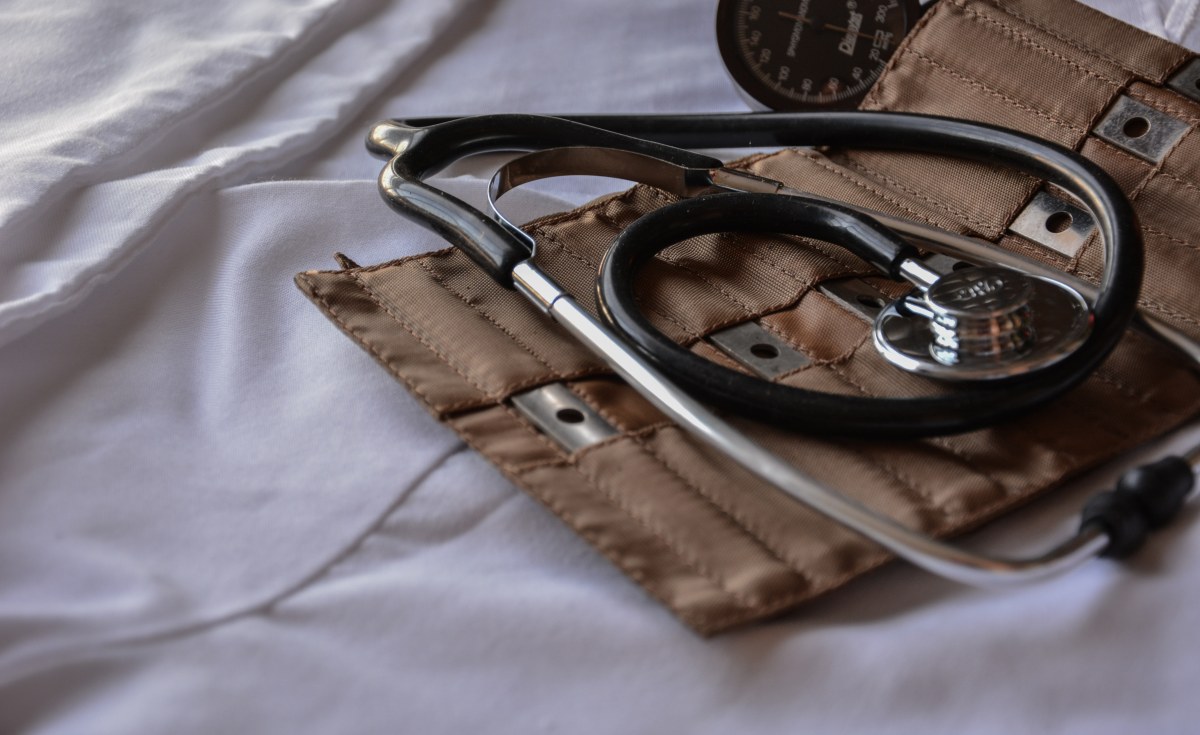Millions of Moroccans hit the voting booths on Friday, with worries about joblessness and extremism on many minds as they choose which party will lead their next government.
Adultery scandals and thwarted election-day attacks have marked the unusually venomous campaign in this country, which is allied with the U.S and seen as a model of stability and relative prosperity in the region.
Top contenders are a moderate Islamist party and an up-and-coming rival party seen as close to the royal palace. The palace pledged to loosen control over Moroccan politics after Arab Spring protests five years ago, but retains control over major policy decisions.
Since the last legislative elections in 2011, the Islamist Party of Justice and Development (PJD) has dominated parliament and led a government coalition comprised of several parties with differing ideologies.
The PJD faces tough competition from the Party of Authenticity and Modernity (PAM), widely regarded as close to the palace. It was founded in 2008 by Fouad Ali El Himma, childhood friend of King Mohammed VI and a current royal adviser.
Abdelilah Benkirane, current prime minister and head of the PJD, has come head-to-head with Ilyas El-Omari, head of the PAM, in a number of public spats ahead of elections.
“He is a liar,” Benkirane told The Associated Press this week. “I don’t consider them (PAM) a political party.”
Benkirane slammed El-Omari for comments he made to the AP suggesting that state-funded associations were among groups involved in radicalizing Moroccan youth.
With high unemployment rates coupled with relatively low literacy, Morocco has been fertile recruiting ground for extremists, with as many as 1,000 Moroccans joining the ranks of the Islamic State group in Iraq and Syria.
On Monday, authorities dismantled a 10-member terror cell comprised entirely of women with alleged ties to IS.
Abdelhak Khiame, head of Morocco’s Central Bureau of Judicial Investigations, said that the cell planned to carry out attacks on election day, Friday, according to Morocco’s state news agency MAP. Seven of the 10 members were under age, Khiame said.
In addition to security, voters will be deciding on which political party’s program is most suited to address Morocco’s economic ills, marred by youth joblessness and record high foreign debt.
For some parties, like the Federation of the Democratic Left, the choice between the PJD and the PAM is like choosing between a rock and a hard place.
“Our vision represents a third way,” says Nabila Mounib, secretary general of the Federation, comprised of three leftist parties.
Their message resonates with many voters, who have expressed frustration with the status quo, especially throughout rural areas where Mounib has been campaigning.
Imad Agrili, 31, a painter from the rural town of Skoura, is voting for the first time and has opted for the federation. “They seem clean and transparent,” he says.
For others, like the banned Islamist Adl wal Ihsan (Justice and Charity) movement, elections in Morocco are futile. The movement has repeatedly denounced the centralization of power and decision-making by the monarchy.
“The person who governs is the king and his entourage and they have deeply-rooted powers,” says Hassan Bennajeh, spokesperson for Adl wal Ihsan, which is boycotting the elections. The movement is able to mobilize thousands for its causes.
Low turnout may prove a problem. More than 15.7 million Moroccans have registered to vote out of some 20 million eligible voters. Last time, voter turnout was only around 5 million, says Abdul-Wahab Kayyali, doctoral candidate in political science at George Washington University.
“These elections, specifically, matter a lot,” Kayyali said. According to him, the elections “will show whether 2011 was just a blip on the radar screen,” in terms of gauging Morocco’s path toward reform. The 2011 Arab Spring uprisings have left a mixed legacy in North Africa — Tunisia built a fragile democracy, Egypt elected Islamists who were then ousted by the military, Libya descended into deadly chaos.
This year’s election in Morocco has also been clouded by sex scandals. Two high-ranking members of the PJD party’s ideological arm are currently facing charges for engaging in relations outside of marriage. Their charges are punishable by up to six months to three years in prison if found guilty, according to Morocco’s penal code.
While many observers will be monitoring the elections, not all have been welcome, with a drop in foreign accredited observers, including the rejection of the Atlanta-based Carter Center’s request to observe.
Friday’s election will determine the makeup of the upper chamber of parliament, comprised of 395 seats, 90 of which are reserved for the women and youth quota.
Nearly 7,000 candidates are running with 28 different parties in 92 voting districts throughout the country. Definitive results are expected Saturday.



